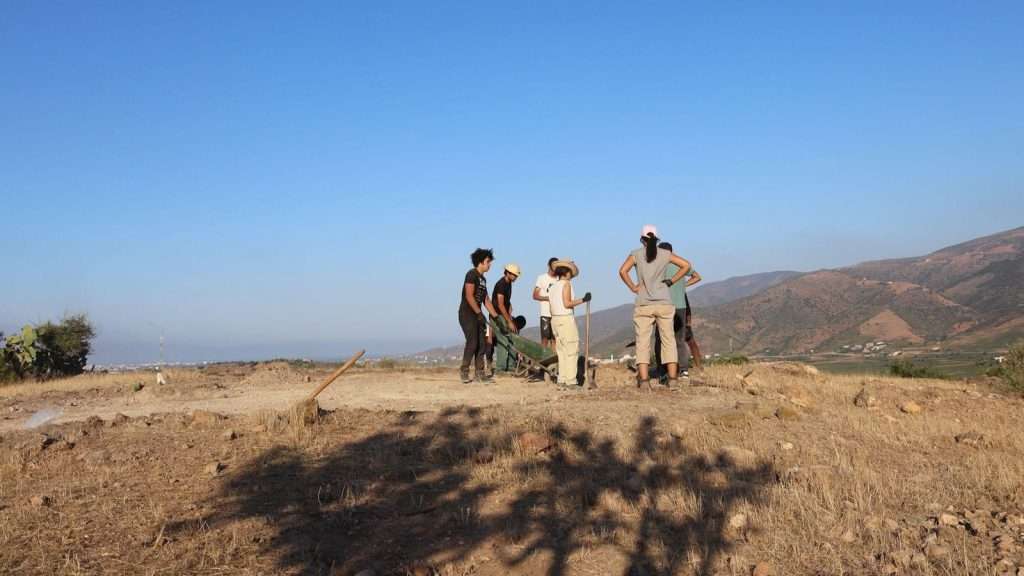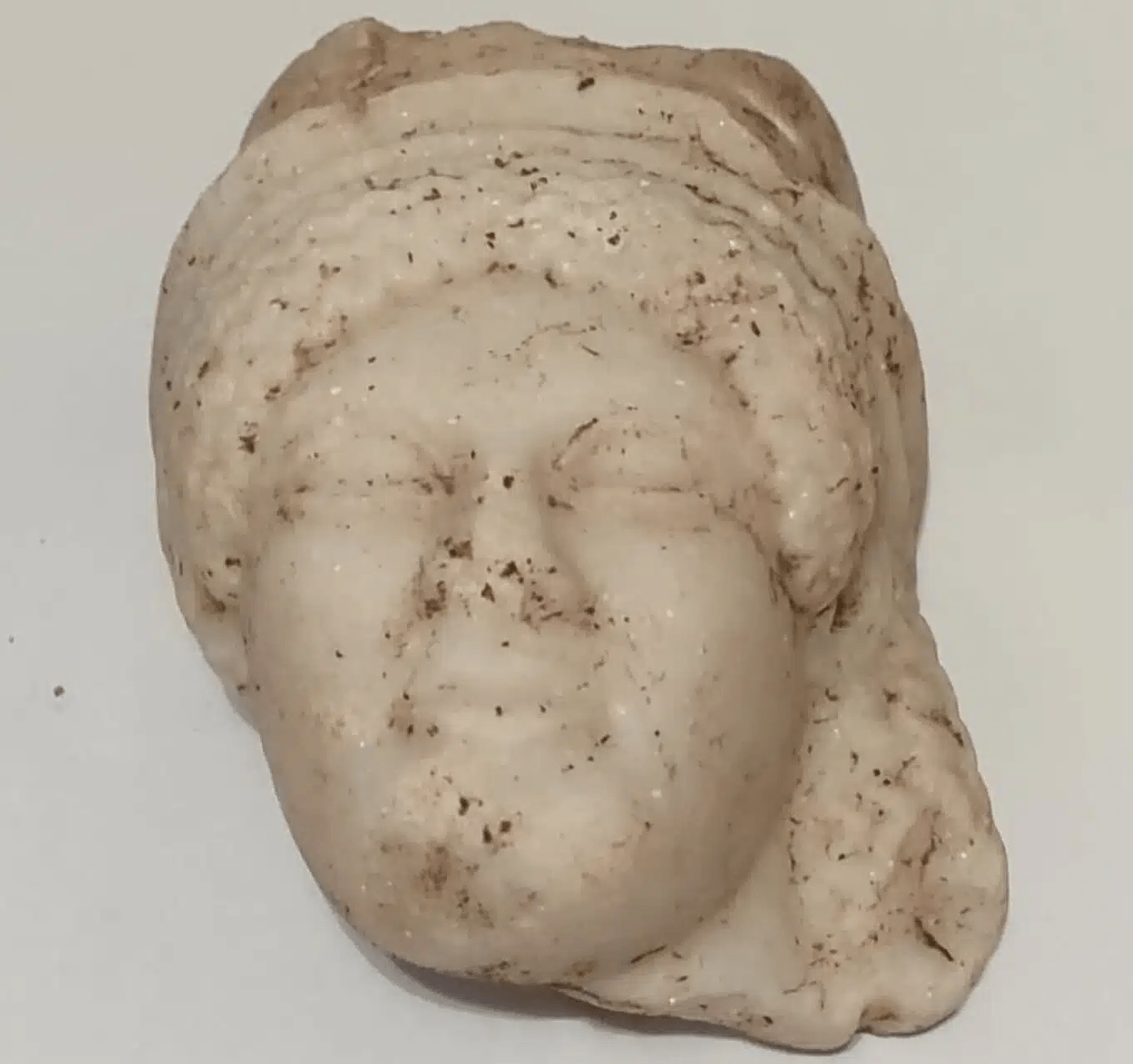Archaeologists discover pre-Phoenician settlement in Kach Kouch

In Morocco, archeologists have discovered the oldest pre-Phoenician settlement in North Africa, finding evidence of a bronze age village.
According to North Africa Post on February 20th, archaeologists from the University of Barcelona, made the excavations in Kach Kouch, near the Strait of Gibraltar.
The site is thought to date back to 2200-600 BC, when the Kach Kouch settlement was home to a stable farming community, this has been regarded as the first definitive evidence of settled life before the Phoenician presence across the Maghreb region.
Archaeologists condensed their findings in an article on the indexed journal Antiquity of Cambridge University Press: “Wattle and daub houses, rock-cut silos and grinding stones reveal a flourishing agricultural economy based on crops like barley, wheat and beans, supplemented by sheep, goats and cattle.”
The 200 year period reflects the flexibility, creativity, and adaptability of Kach Kouch’s people, it said, highlighting that this period saw the introduction of several eastern Mediterranean innovations, such as wheel-thrown pottery, tools made from iron, and architectural traditions and styles.
“One remarkable structure from this phase combines local wattle and daub techniques with a Phoenician-inspired stone plinth. This fusion of local and foreign practices illustrates how the community actively engaged with Mediterranean exchange networks, integrating new influences while retaining their distinct identity,” said the article.
This discovery has challenged assumptions about the Maghreb’s late prehistoric past, offering evidence of sustained settlement in the region over the span of more than 100 years. Such assumptions included ideas that the Kach Kouch used to be completely isolated and primitive, assertions that the new evidence completely goes against.
North Africa Post, Maghrebi, Yabiladi
Want to chase the pulse of North Africa?
Subscribe to receive our FREE weekly PDF magazine














